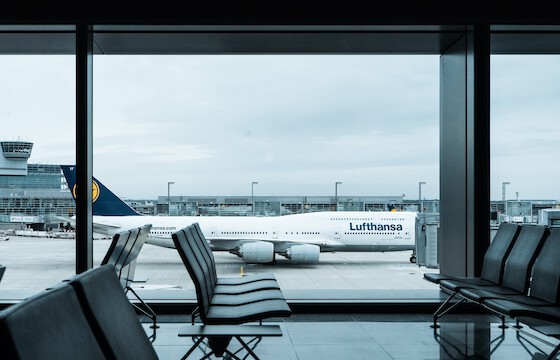1. CASE SUMMARY
A. Summary of facts
These decisions concerned the wholesale distribution of print products (e.g. newspapers, magazines and journals) (so-called 'Pressegrosso'). The Pressegrosso essentially consists of the collection of the press products from the printers, the commissioning of the consignments to the points of sale, the organization of the actual transport, the collection and counting of the unsold copies (returns) and the carrying out of the collection from the retailers. For this purpose, the distributors (so-called 'Grossists') were in a contractual relationship with the publishers and were imposed fixed prices by the latter.
B. Legal analysis
The Austrian Supreme Court decided that the price fixing implemented by the publishers vis-à-vis the Grossists is subject to European (and Austrian) competition law. One key element of this analysis was the scope of the agency privilege in competition law.
Ultimately, the Austrian Supreme Court further specified its guidelines from the Lufthansa I judgement (see the respective case summary) and found that this privilege does not apply in the present case, because the Grossists bore a degree of commercial risks clearly exceeding the commission risk usually borne by agents (e.g. delcredere and storage risk). In this respect, the Grossists therefore approximated to independent dealers. This led the Austrian Supreme Court to the conclusion that the agency privilege cannot be applicable in the present case.
Moreover, it further developed the distinction between risks functionally necessary (e.g. the commission risks) and risks functionally non-necessary for agency relationships (e.g. delcredere risks).
It is noteworthy that this is one of the rare cases where an agreement containing a clear restriction of competition nonetheless was qualified as compliant with Competition law (see Article 101(3) TFEU). This is now reflected in the new Section 2 para 2 no 2 Austrian Cartel Act.





Sign in to post comments